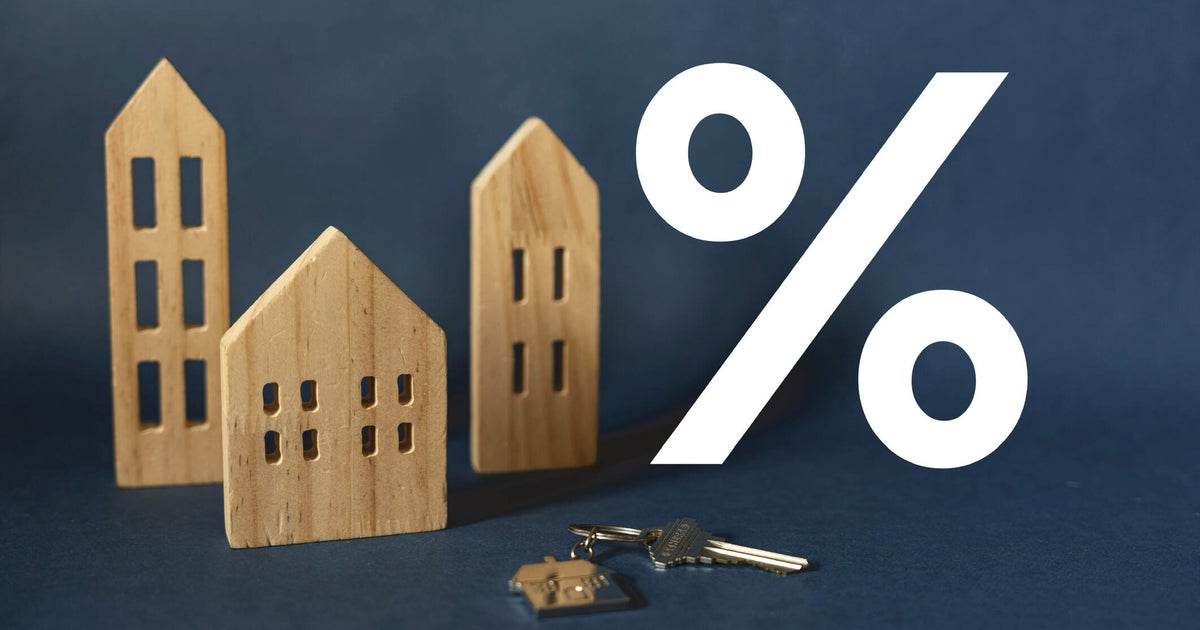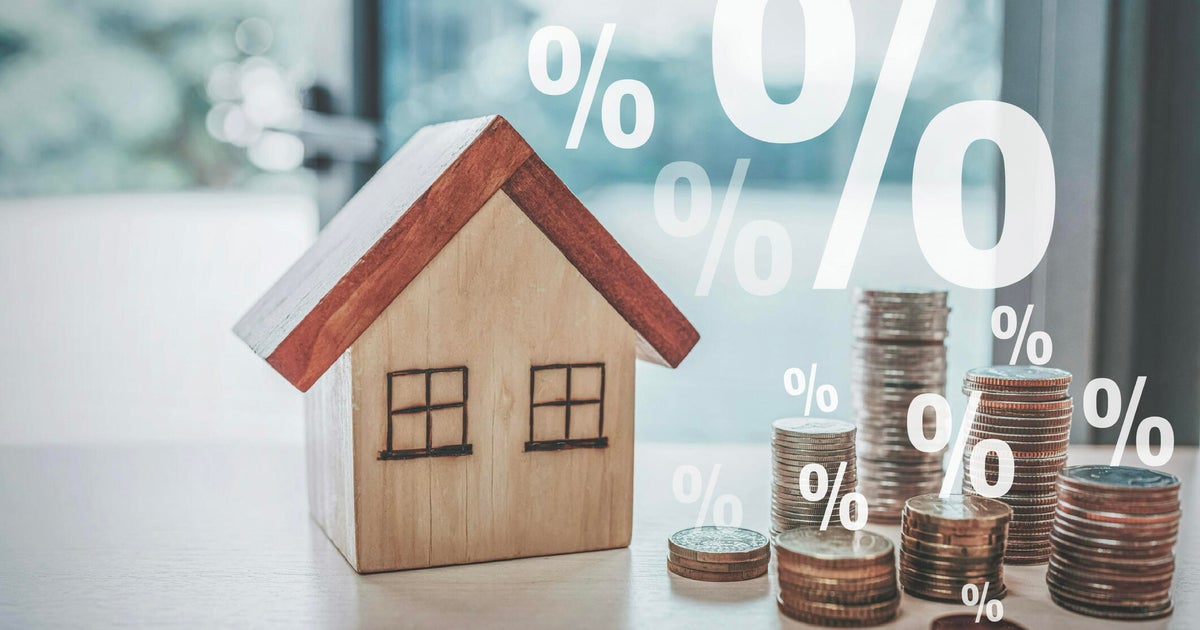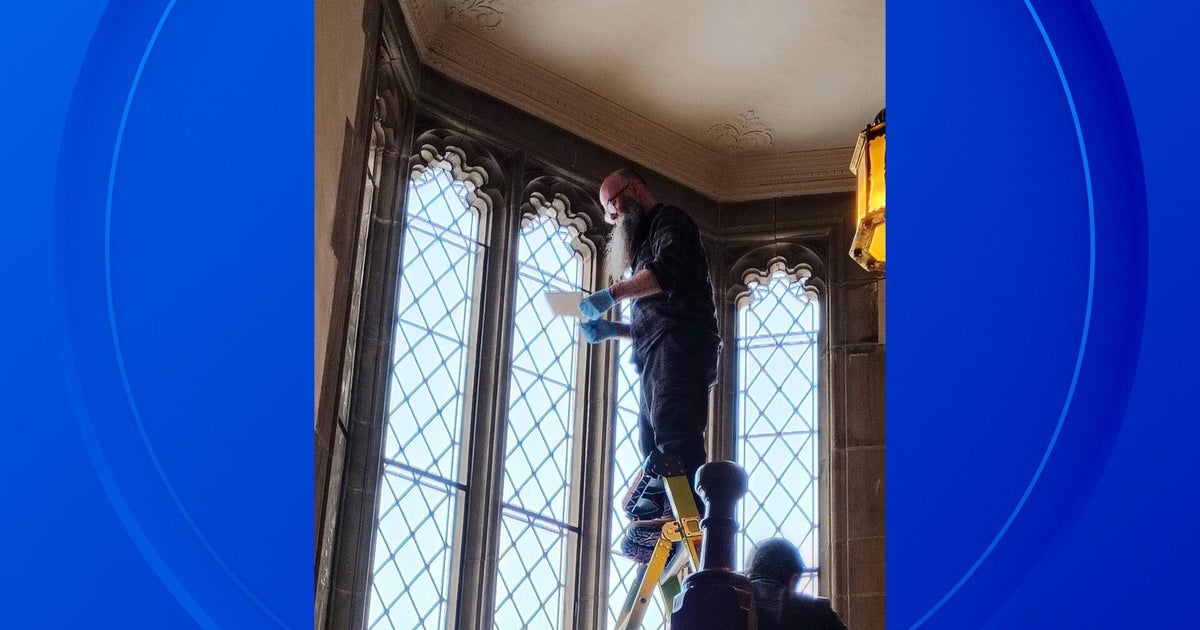HELOC or home equity loan: Which is better for home repairs?
If you're a homeowner, chances are that you may need to cover the cost of home repairs at some point. After all, roofs, HVAC, plumbing and electrical systems don't last forever. When it's time to make home repairs, though, the cost can add up quickly.
So, how do you get your hands on the money you need for home repairs if you don't have thousands of dollars in savings? One option is to tap into your home's equity. You can typically do this with either a home equity loan or a home equity line of credit (HELOC).
Although these lending options are similar, they also have clear differences that you should be aware of. So, which is the better lending option to pay for home repairs?
Tap into your home equity now to cover the cost of home repairs.
HELOC or home equity loan: Which is better for home repairs?
In many cases, it may be wise to use your home's equity to pay for home repairs. After all, the average American homeowner has about $199,000 in equity. So, chances are you can access the money to cover the repairs your home needs by borrowing against yours. And, as long as you use the money you access to repair the home you use as collateral, you can write the loan interest off on your taxes.
But is it better to use a HELOC or home equity loan to access the money you need for home repairs?
When a HELOC may be the better option
HELOCs may "be a better option for home repairs or a remodel," says Darren Tooley, senior loan officer at Cornerstone Financial Services.
One reason HELOCs could be a better option is that it's rare your initial quote ends up being the actual amount needed, says Tooley. "The real number can be several thousands of dollars more or less than you originally thought."
When you take out a home equity loan, you draw the total amount of the loan at once. When you open a HELOC, you can tap into your home equity as needed throughout the draw period. "HELOCs give you much more flexibility so you can borrow what you need when you need it," says Tooley.
Here's why a HELOC might be the better option:
Find out how the flexibility of a HELOC could benefit you now.
You could pay less interest with a HELOC
"When you take out a home equity loan, you immediately start paying interest on the full amount of the loan, even if you may not have used the full amount you have received," explains Tooley. "With a HELOC, you only pay interest on the amount you have borrowed up to that point. So, if you have only used half of the available credit line, you are only paying interest on that amount used and not the full line of credit."
HELOCs typically come with variable interest rates
In most cases, home equity loans come with fixed interest rates while HELOCs come with variable rates. That may give HELOCs an advantage in today's high-interest environment. After all, many experts expect the Federal Reserve to start reducing its federal funds rate target in 2024. That could drive home equity loan and HELOC rates down.
So, if you lock in your rate with a home equity loan today, you may miss out on lower rates in the future. However, a HELOC would likely allow you to benefit from potential rate cuts if they happen in 2024 and beyond.
HELOCs usually come with lower starting interest rates
In most cases, the starting rates for HELOCs are lower than the fixed rates of home equity loans. So, when you opt for a HELOC to cover your home repairs or renovations, you would not only likely benefit from future rate cuts but may also get a lower interest rate now.
When a home equity loan may be the better option
Although a HELOC may be your best option in some cases, in others, a home equity loan could be better. Here's why:
Most home equity loans have fixed minimum payments
Due to the variable nature of HELOCs, it's impossible to determine what your payment might be during the payoff period. However, when you use a home equity loan to access the money you need, you'll know what your fixed payment will be from day one.
Fixed interest could be a plus
Many experts expect the Federal Reserve to reduce its target federal funds rate in 2024. However, those predictions are tied to economic activity, and at the moment, that activity doesn't justify a rate reduction. After all, inflation is still well above the Federal Reserve's target.
If inflation levels don't continue to cool, higher interest rates could happen down the line. Moreover, if rates fall, you may be able to refinance your home equity loan at a lower rate at that time — allowing you to take advantage of fixed payments today while potentially locking in lower rates when they become available.
Tap into a home equity loan today for fixed, predictable payments.
The bottom line
If your home needs repairs, tapping into your home equity may be an effective way to cover the cost of those repairs. Whether it's best to do so with a home equity loan or a HELOC depends on your unique situation and financial goals. Consider the factors above as you decide whether a home equity loan or HELOC is best.




